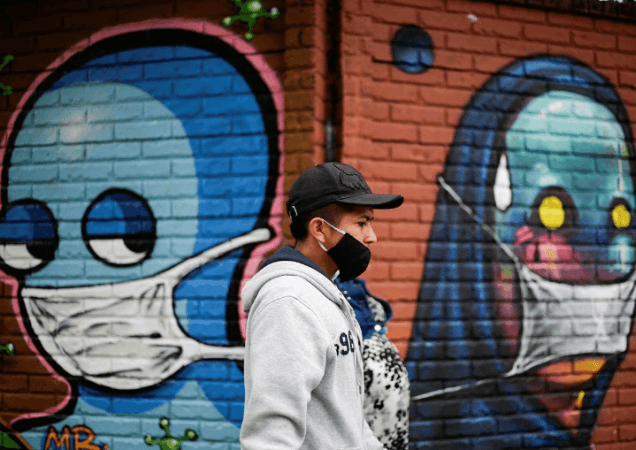More than 40,600 people were likely infected with Covid-19 while being treated in hospitals across England for another reason between August 2020 and March this year, local media reported.
Across England as a whole, about 15 percent of all patients treated for coronavirus between August 1, 2020 and March 21 were infected while in hospital, Xinhua news agency quoted a research by The Guardian newspaper as saying on Friday.
The North Devon district hospital in Barnstaple had the highest rate of such cases among acute trusts in England at 31 percent, said the report.

What caused this?
Many of the infections were caused by the lack of beds and limitations in the National Health Service (NHS) posed by some hospitals being old, cramped and poorly ventilated, it added.
Meanwhile, the infections were also attributed to health service chiefs' decision that hospitals should keep providing normal care while the second wave of the pandemic was unfolding, despite the potential danger to those receiving non-Covid care, said the report.
"These heartbreaking figures show how patients and NHS staff have been abysmally let down by the failure to suppress the virus ahead of and during the second wave," Layla Moran, chair of the all-party parliamentary group on coronavirus, was quoted by the newspaper as saying.

Rob Harwood, chair of the British Medical Association's consultants committee, told the newspaper: "The NHS went into the current pandemic underfunded, understaffed and overstretched. The knock-on effects -- particularly limited bed and workforce capacity -- has unfortunately meant that controlling the spread of COVID-19 within hospitals has been more difficult than necessary."
Coronavirus in UK
The UK is the first country in Europe with the Covid-19 death toll passing the grim 100,000 milestone.
The overall death toll currently stood at 126,755, the fifth highest in the world, while the caseload has increased to 4,339,157.
(With inputs from IANS)

















